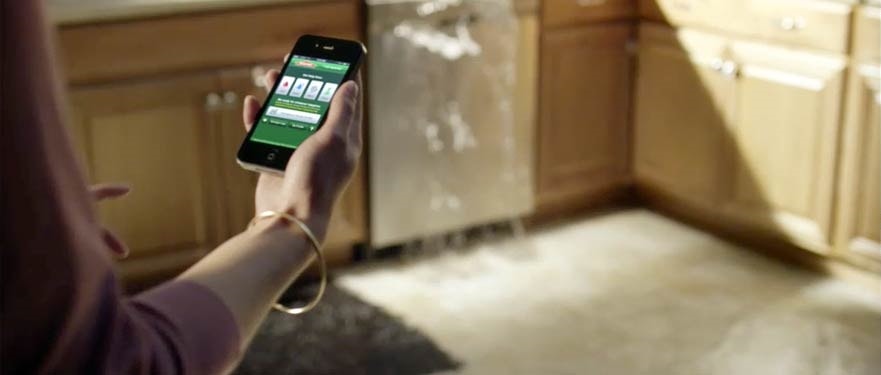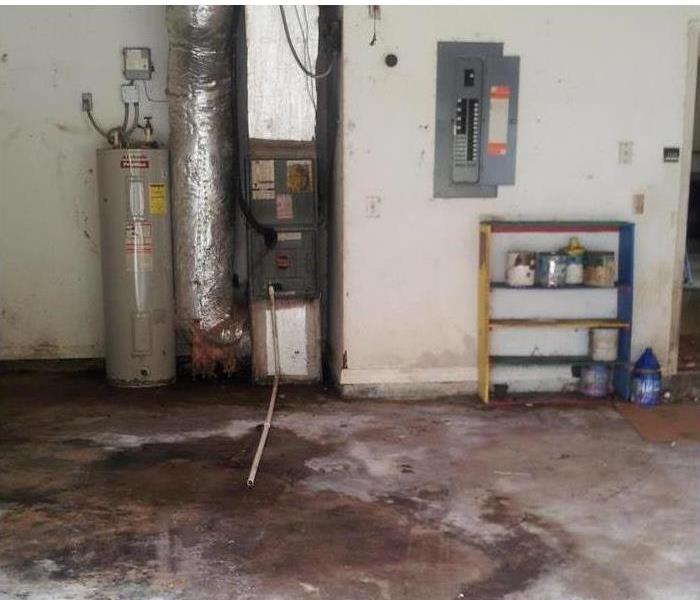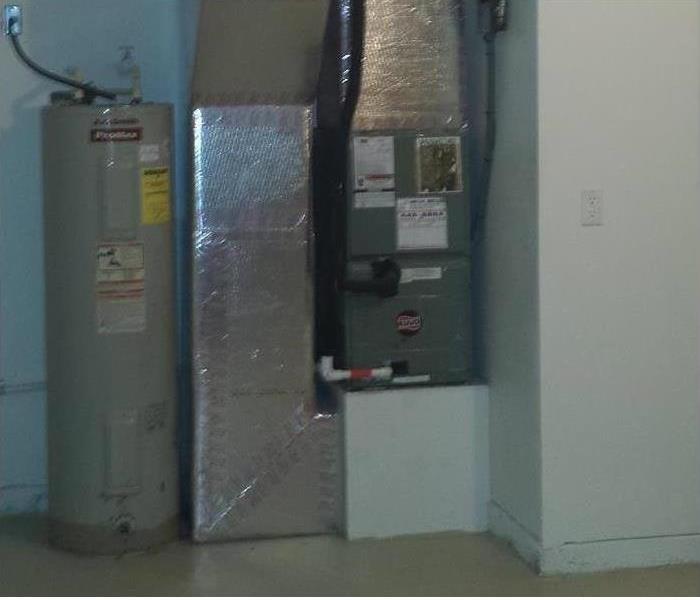
Water Damage Emergency Tips
What you can do until help arrives
Water Tips | Fire Tips | Biohazard Tips | Mold Tips
After any water damage situation, your primary focus should be safety first:
- Is it safe to stay in the house?
- Electrical and "slip and fall" hazards are some of the most prevalent concerns.
- Only do activities that are safe for you to perform.
- Wet materials can be VERY heavy. Be careful!
Have A Water Damage Emergency? Call (407) 788-3124
More tips from our SERVPRO Experts:
- Identify and fix any leaks or plumbing issues promptly. Regularly inspecting your plumbing system and ensuring proper maintenance can help prevent water damage before it even occurs. Additionally, properly insulating pipes in colder climates can prevent them from freezing and bursting, a common cause of water damage.
- Be aware of potential warning signs of water damage. Stains on walls or ceilings, a musty odor, or warped flooring are all indicators that water damage may be present. By recognizing these signs early on, one can take immediate action to minimize further damage.
- In the case of water damage occurring, acting promptly is crucial. The first step is to turn off the main water source to prevent further flooding. Additionally, shutting off electricity in affected areas is essential for safety reasons. It is advisable to contact SERVPRO water damage professionals immediately to assess the situation and initiate the necessary cleanup and repairs.
- Homeowners should consider obtaining insurance coverage for water damage. This will provide financial protection in the event of a water-related disaster, ensuring that the costs of repairs and restoration are mitigated.
Have A Water Damage Emergency? Call (407) 788-3124
What To Do After Flooding
- Remove excess water by mopping and blotting.
- Wipe excess water from wood furniture after removal of lamps and tabletop items.
- Remove and prop wet upholstery and cushions.
- Place aluminum foil or wood blocks between furniture legs and wet carpeting.
- Turn air conditioning on for maximum drying in summer.
- Remove colored rugs from wet carpeting.
- Remove art objects to a safe, dry place.
- Gather loose items from floors.
What NOT To Do After Flooding
- Don't leave wet fabrics in place. Hang furs and leather goods.
- Don't leave books, magazines or other colored items on wet carpet or floors.
- Don't use your household vacuum to remove water.
- Don't use television or other household appliances.
- Don't turn on ceiling fixtures if ceiling is wet, and keep out of rooms where ceilings are sagging.






 24/7 Emergency Service
24/7 Emergency Service


